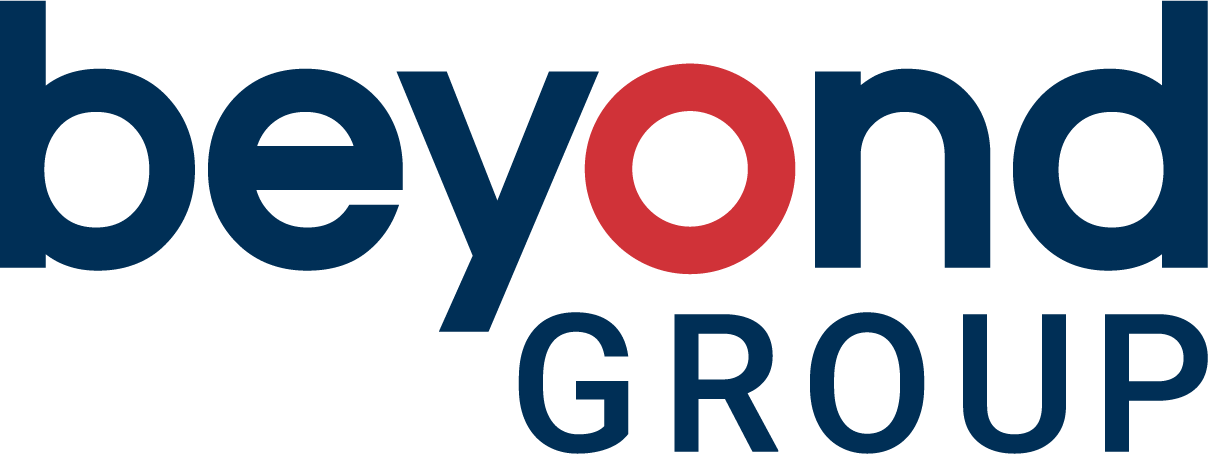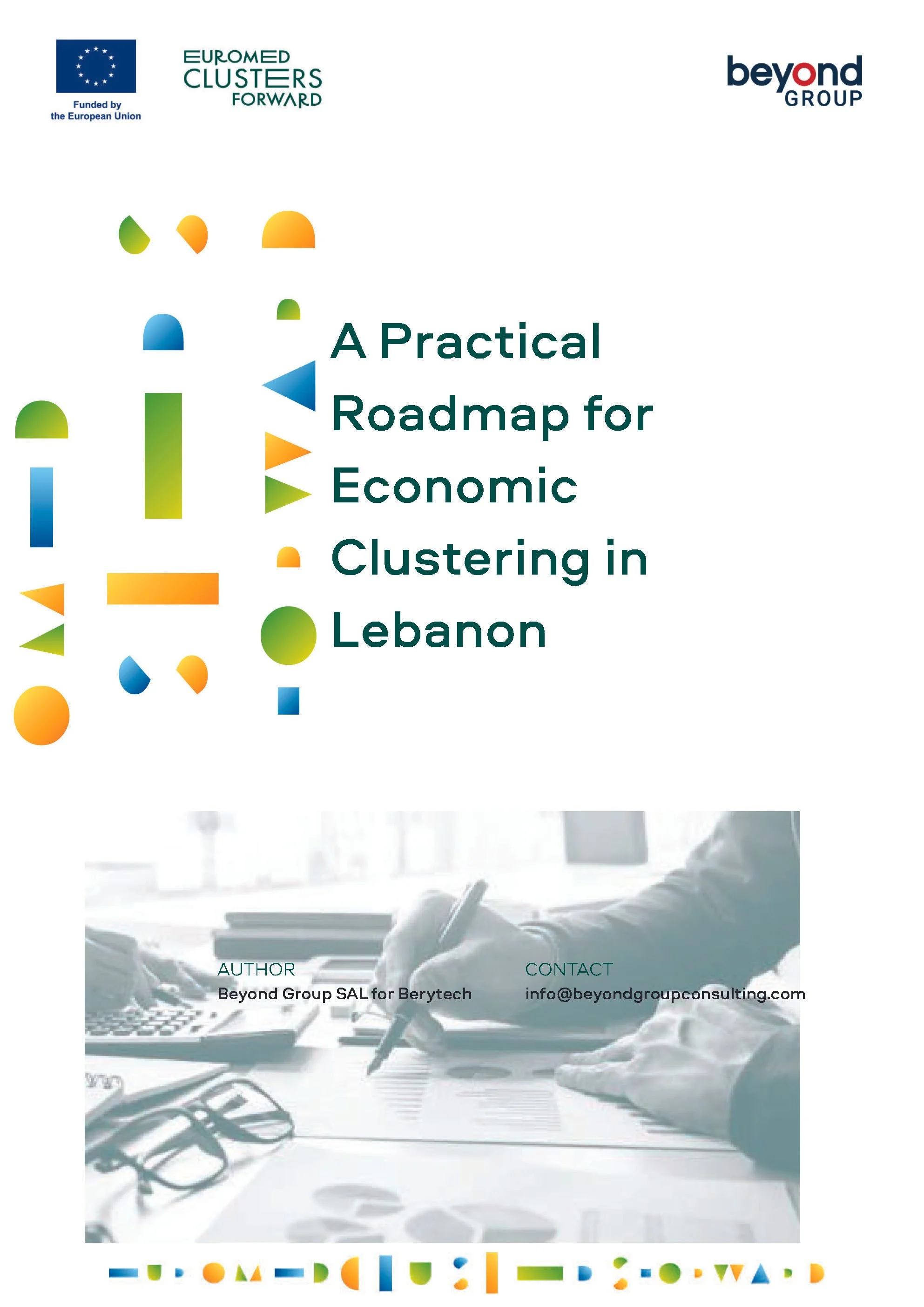A Practical Roadmap for Economic Clustering in Lebanon
A Practical Roadmap for Economic Clustering in Lebanon
Economic clustering has emerged as a pivotal strategy for fostering growth, innovation, and competitiveness in various regions around the world. Lebanon, with its unique assets such as a skilled diaspora, strategic geographic location, and rich cultural heritage, is well-positioned to leverage this approach for sustainable economic development. Accordingly, economic clusters can drive substantial economic growth by concentrating resources, talent, and innovation within specific sectors. The Beirut Digital District (BDD), for instance, exemplifies how tech hubs can foster a collaborative ecosystem for digital businesses, enhancing productivity and competitiveness. Similarly, the QOOT Cluster in the agri-food sector demonstrates the potential for clustering to support sustainable growth and innovation in diverse industries.
Lebanon's unique assets significantly contribute to the potential success of economic clustering:
1. Skilled Diaspora: Lebanon's large and well-educated diaspora presents an invaluable resource for economic clustering. These individuals can provide expertise, investment, and international networks that bolster local industries.
2. Geographic Location: Situated at the crossroads of Europe, Asia, and Africa, Lebanon's strategic location makes it an ideal hub for trade and commerce. The country's potential capabilities of a well-developed port infrastructure can further facilitate international trade and logistics, essential for clustering initiatives. Not to mention that the location offers a good playground for agricultural development and synergies creation between both sectors, trade and agriculture.
3. Cultural Heritage: Lebanon's rich cultural heritage attracts tourism and fosters creative industries. This cultural richness can be harnessed to create clusters that drive economic growth and innovation in sectors such as tourism, arts, and entertainment.
However, to effectively advance economic clustering in Lebanon a coherent policy is required. The absence of official public clustering efforts in Lebanon, combined with the challenging economic and political landscape, highlights the necessity of key policy pillars such as a robust legal framework, effective organizational structures, technical support, and financial sustainability. These pillars are crucial for fostering a supportive environment that encourages private sector initiatives, promotes collaboration, and attracts investment. A strong legal framework provides stability and confidence for businesses; effective organizational development ensures clusters can navigate complex conditions; access to technical support drives innovation and competitiveness; and financial incentives ensure the resources needed for growth.

